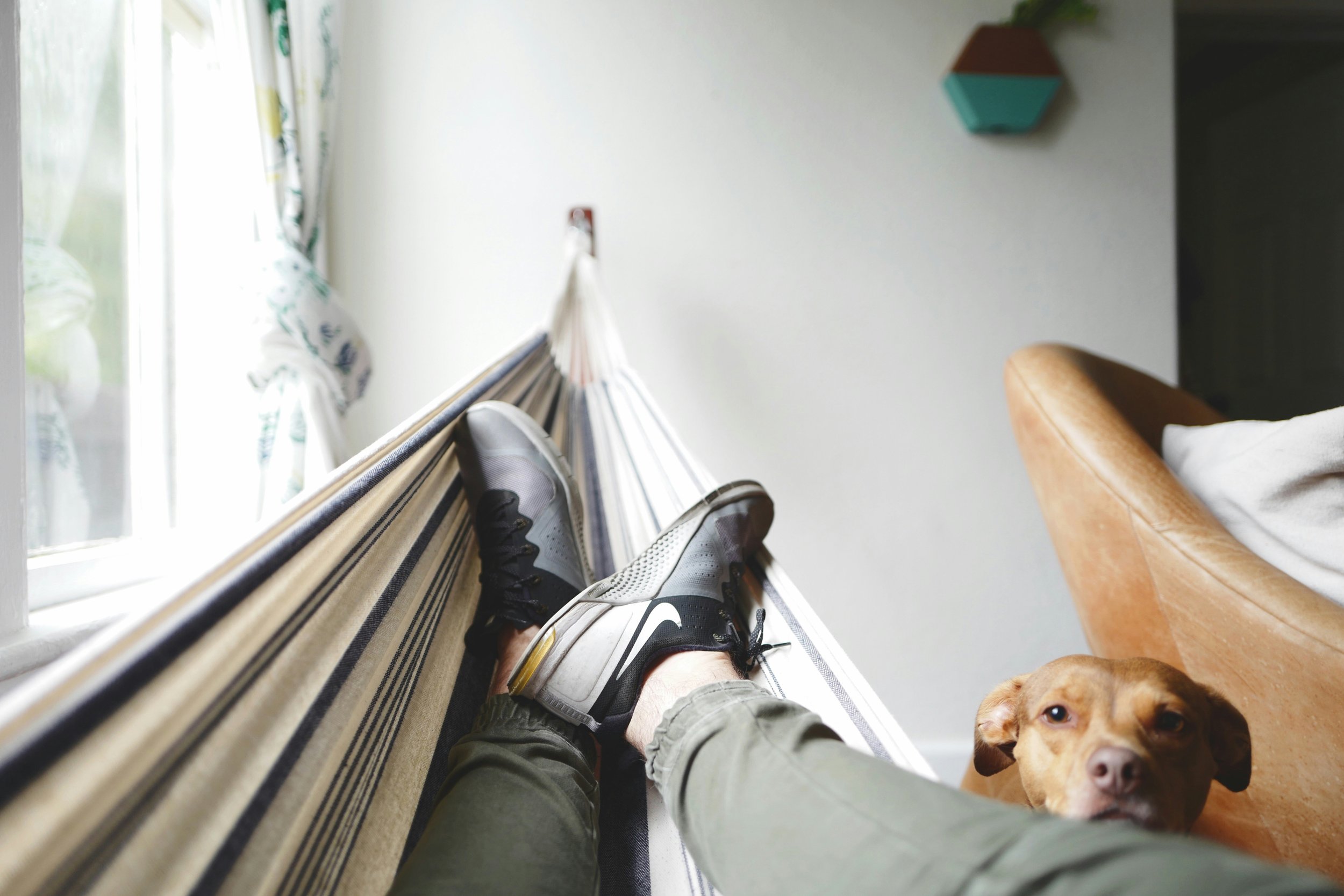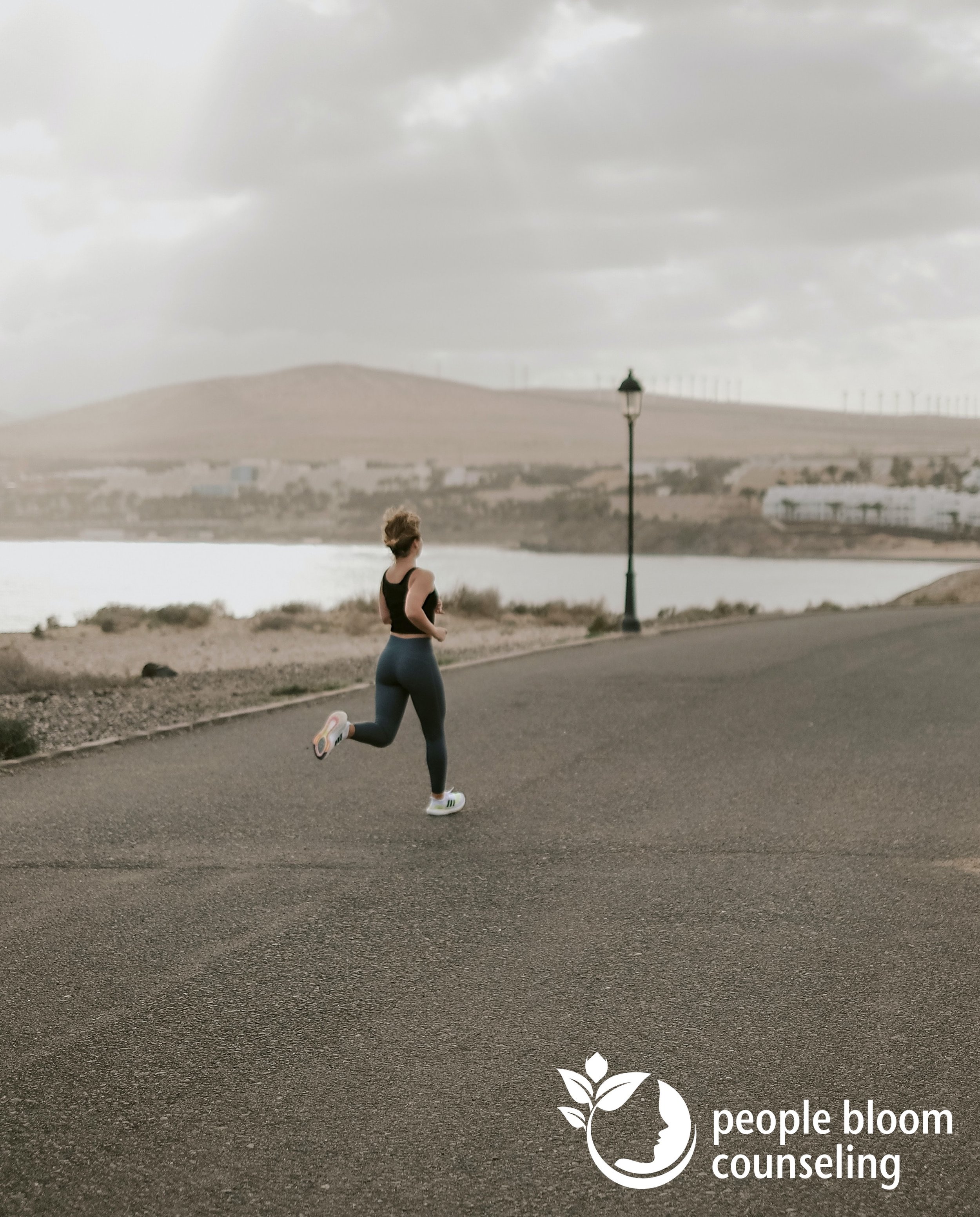As a new resident of Washington state preparing for my first winter in the Pacific Northwest, I’m learning firsthand what locals call “The Big Dark.” Before I arrived, many people warned me about the early sunsets and how challenging the long stretch of cloudy, dim days can feel. Growing up in the northeast, I was familiar with Seasonal Affective Disorder (SAD). The acronym SAD is very telling, but experiencing the PNW version is uniquely its own.
Although these months can feel heavy and endless, they do not have to be defined by sadness and stagnation. With intention and support, winter can be a season of restoration, growth, and connection.
Seek sunlight and natural light exposure
One of the most difficult aspects of “The Big Dark” is the limited daylight. When the sun sets before 5 p.m., leaving home in the dark for work/school and returning in the dark can feel “depressing.” Even without clinical depression, this can mimic depressive symptoms such as low energy, irritability, changes in appetite, sleep disruptions, and diminished motivation.
Small adjustments can create meaningful shifts. Consider incorporating brief outdoor moments into your day — take a short walk during lunch, sip your morning coffee in the fresh air, or bask in natural light whenever you can.
Light therapy lamps can be a game-changer. And because vitamin D plays an important role in mood regulation and overall health, it’s worth chatting with your medical provider about whether a supplement or light therapy could help.
Adapt a growth-oriented winter mindset
Now let’s talk about mindset. You may be familiar with the concept of a “growth mindset,” which encourages viewing challenges as opportunities for development rather than obstacles to avoid. Instead of taking a “fixed mindset” and approaching winter as a season to endure or “hibernate through,” consider reframing it as a season to intentionally cultivate growth and resilience.
This might involve learning a new hobby, prioritizing health and wellness, spending more meaningful time with loved ones, or setting a personal goal that aligns with your values. While the shorter days require some adaptation, they also provide space for creativity, introspection, and renewed purpose. For me, this downtime includes practicing yoga, exploring new restaurants, online learning, baking, and reading. I want to soak in all that Seattle has to offer, no pun intended.
Embrace comfort and connection indoors
After many years in Florida, the land of eternal summer, I'm genuinely looking forward to cooler weather and the opportunity to enjoy cozy, indoor experiences. Winter can be an ideal time to slow down and do things that feel nourishing. I know I’ll be curling up with a warm drink, reading under a blanket, and catching up on movies.
What will you be doing?
With the holiday season approaching, consider how you want this period to feel. Intentionally carving out restful, grounding routines can help prevent stress and cultivate a greater sense of balance, supporting both mental and emotional well-being.
Seek support when needed
Meaningful connection is important in every season, but especially during winter when isolation can more easily set in. If you notice yourself feeling disconnected, overwhelmed, or persistently low, seeking support is a sign of strength — not weakness.
Here at People Bloom Counseling, we have a team of licensed, compassionate clinicians who are here to support you throughout this season and beyond. You don't have to navigate “The Big Dark” alone. Whether you’ve been in the area for decades, or you’re a recent transplant like me, let me know if I can help!
We’re so glad to have Kristin Calvert at People Bloom Counseling, a Redmond psychotherapy practice in WA! She helps neurodivergent teens with executive functioning. She also supports educators, parents, and adults going through burnout, and various life transitions.The fall is not usually a time to move to Seattle, but she’s up for the challenge! She really tries to inhabit her writing here, and she hopes she can help you through whatever season you’re going through.


















